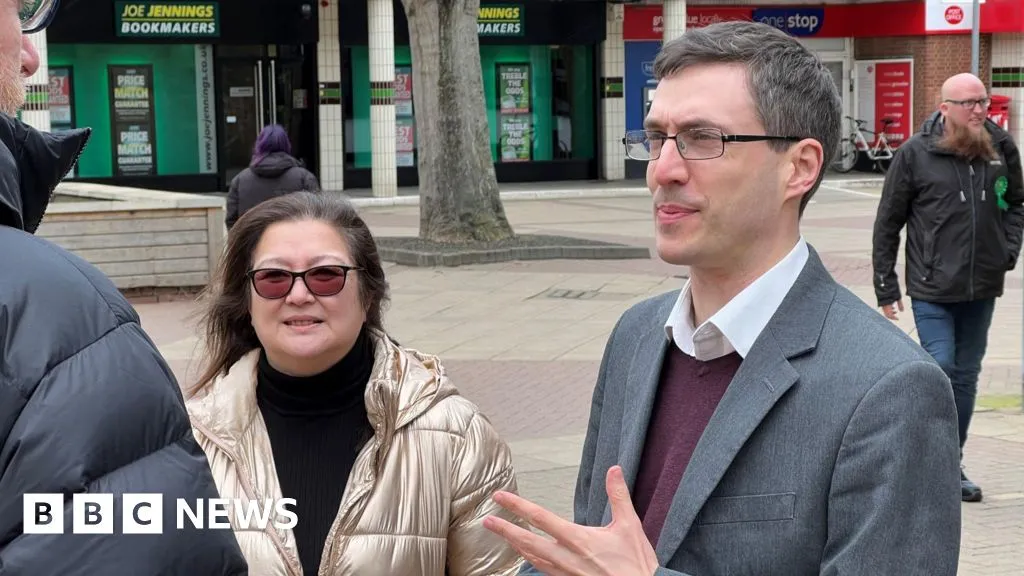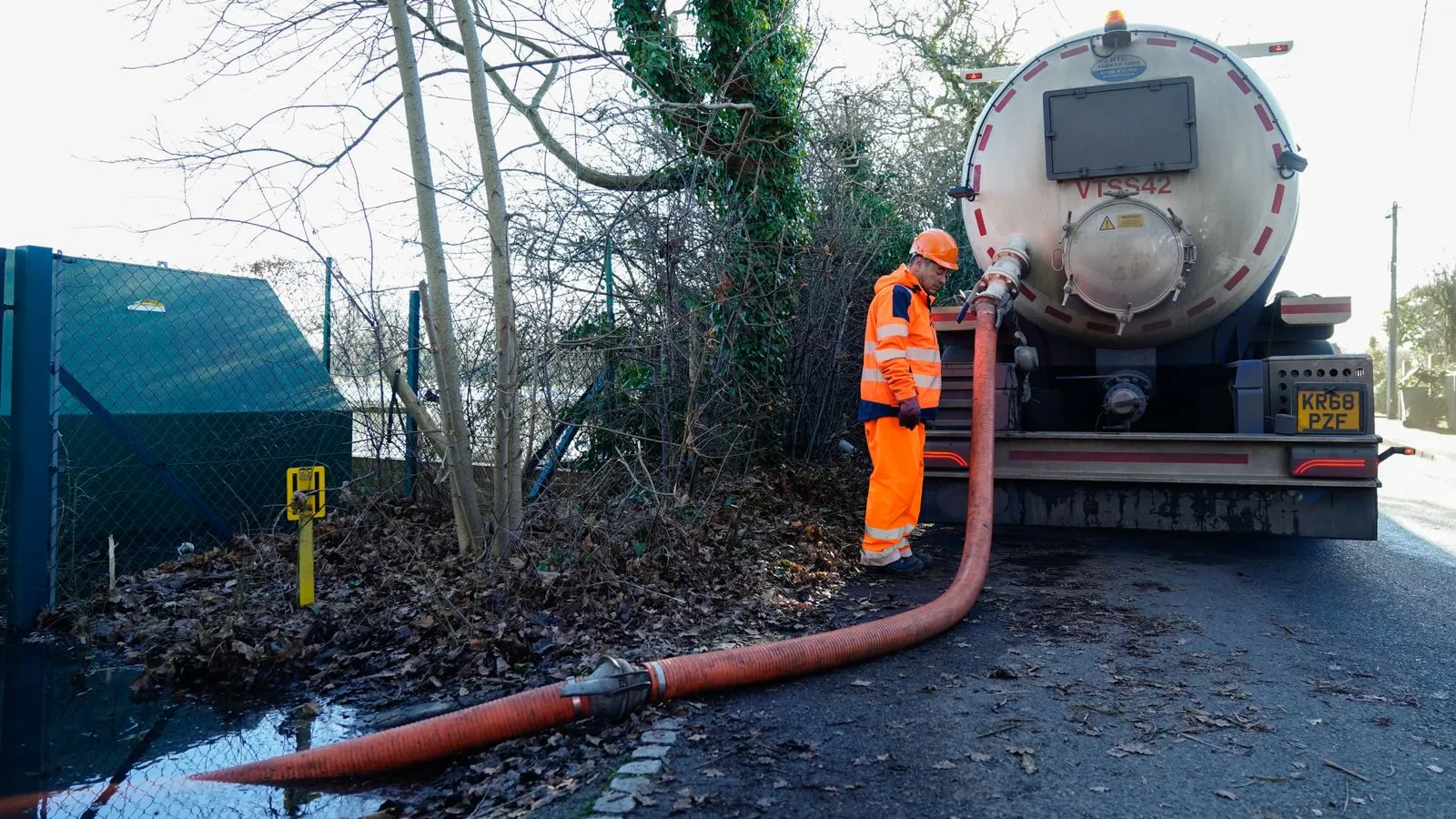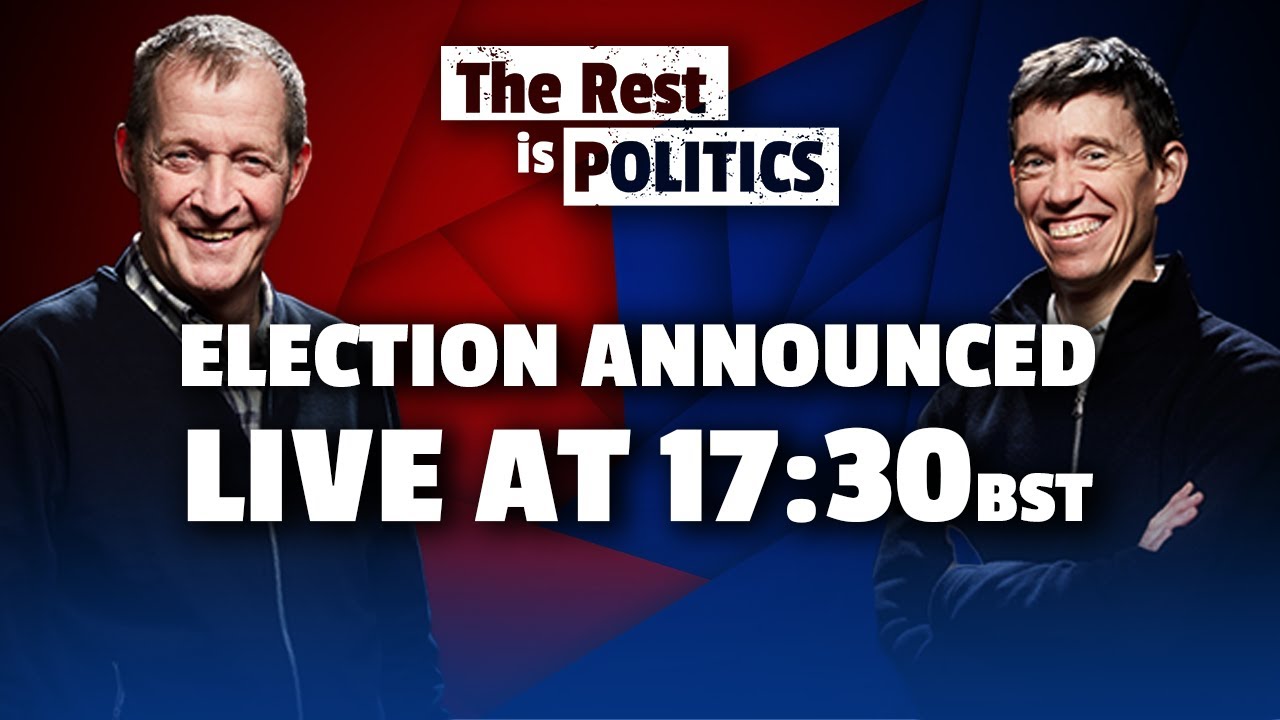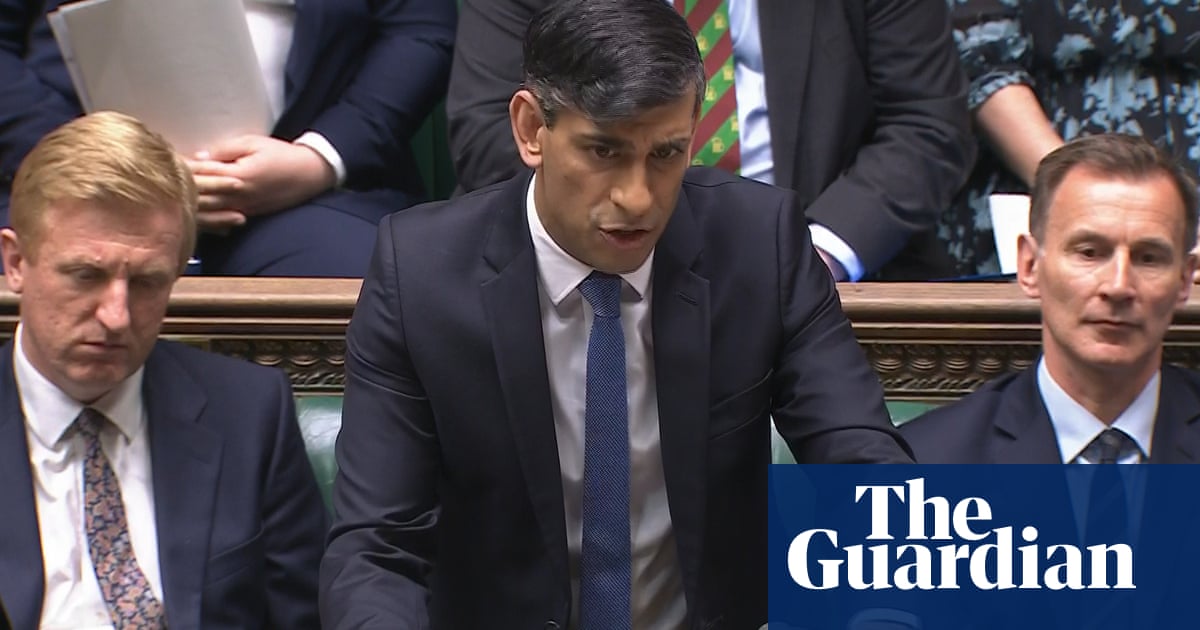- 26 Posts
- 18 Comments

 9·3 months ago
9·3 months agoThe article states that 70% of those occupying social housing have their rent payed for by housing benefit. The article also mentions that housing benefit comes from central government.
So the effect of this is a transfer of more money from central government to councils and housing associations. As well as an increase in the incomes of councils and HAs from those 30% that are well-off enough to no longer receive housing benefit but are still living in social housing.

 5·3 months ago
5·3 months agoI’d say this is less about reducing CO2 and more about making cities and towns nicer places to live and helping people live healthier lives.
I have no idea what the stats on this are, but I’d guess that the amount of emissions saved in people cycling more vs using a petrol car or electric car wouldn’t actually be much compared to measures that reduce emissions from goods transport.

 4·3 months ago
4·3 months agoTBH I thought the article was actually particularly good because it specifically pointed out that “immigration” isn’t one homogeneous thing.
We end up with these worst-of-all worlds outcomes because we talk about immigration as if it’s one thing when in reality it is many very different things, because we refuse to confront trade-offs — and because each side has its own conversational no-go areas.
I think that point of refusing to discuss tradeoffs is also particularly pertinent. Significant chunks of the electorate will happily vote for Reform but then moan about the lack of staffing in healthcare. Or conversely, others will happily quote the stats that on average migrants are a net benefit to the country, but then refuse to investigate this thought further and realise that this is an average and those benefits may not be spread evenly (perhaps some areas are even negatively affected).

 10·3 months ago
10·3 months agoWouldn’t this be pretty bang-on expected for less premium groceries where profit margins are much thinner?
For example, a food product retailing at £2 where £1.80 covers farming costs and operational costs, inflation of 10% will increase those costs to £1.98, to keep a 20p profit, the retailer would increase the price to £2.18 (9% increase). A more premium food product that retails for £3.50 where the farming costs are only slightly higher might have a £2 cost for the retailer with a much higher markup of £1.50. To keep that same profit after 10% cost inflation (to £2.20), the price would rise to £3.70 (5.7% increase).

 19·4 months ago
19·4 months agoMacquarie - famous for fucking over Thames Water by creating a deliberately complex company structure so they could load it up with debt in order to pay out dividends.

 8·4 months ago
8·4 months agoSaw the first clip in the video and couldn’t handle watching any more. I’m all for allowing people the autonomy to take their own sensible risks and avoid over safety-fying things, but some people are ridiculous (and selfish in this context). If you’re going to go over a level crossing when the barriers are closed, at least have the respect to run across, knowing that you’re doing something risky, rather than casually stroll through the danger zone!
No luck catching them rate cuts then, BoE?

 6·6 months ago
6·6 months agoVery much agree with all these points. I also don’t think it’s that useful to be spamming this community with polls as they come out. But thought this was a helpful bit of information to see where things roughly stand at the beginning of campaign time.

 21·6 months ago
21·6 months agoI think their origial plan was to try and ensure that Daniel Korski, the CCHQ preferred candidate, would get selected by putting him up against insane choices like Susan Hall. Unfortunately Korski had to exit because of sexual assault allegations (name a more iconic duo than Tory politicians and criminal sleaze) leaving only the insane candidates.
This sort of situation has become a bit of a classic Tory tale with the amount of times similar things have happened since 2019.

 1·1 year ago
1·1 year agoYeah I think YSH can pipe around structured data. This wiki page has some details:
Checkout lemmit.online

 10·1 year ago
10·1 year agoBNC connector, such a satisfying screw and click into place mechanism.

 4·1 year ago
4·1 year agoI can imagine a hacky way to anonymise voting would be to have a pool of fake user accounts on your instance. When someone on the instance clicks to up/downvote, a random fake account is used to make the vote instead. This would then kind of work like a vote tumbler and keep the voting anonymous but still work with activity pub.
Maybe activitypub is actually a bit crap and we should all be using something better like nostr though?

 10·1 year ago
10·1 year agoThe two potential roads seem somewhat equivalent to me:
- Threads federation is blocked by the main Mastodon instances. A huge user base of non-techies starts using Threads and it dwarfs the rest of the fediverse acting as a singular centralised platform. The fediverse continues to be a techie/ideological anti-corporate community as it is now with a relatively small community in the grand scheme of things.
- Threads federated with some of the big Mastodon instances. Fediverse instances outside of Threads get a large amount of growth as people see the extra content available in this larger federated environment. Growth of Threads still outpaces all other fediverse instances combined. Meta then carries out some form of EEE tactics and some large chunk of the userbase of the non-Threads instances switch to Threads. The techie/anti-corporate community continues to use fediverse instances without any interaction with Threads.
Both scenarios end in a large centralised platform run by Meta and a small community that want to avoid a corporate platform.
I think it’s also wise to separate the effect of large corporate instances in the fediverse between effects on Mastodon (where users follow users) vs Lemmy/Kbin (where users follow communities). In the case of Mastodon, the effects of EEE tactics will be strong due to a more powerful network effect because it’s important that a particular person is on the same platform as you (i.e. this is a similar situation to XMPP and gchat). In contrast, you just need some people to participate in a Lemmy/Kbin community to make it worth joining, but it doesn’t matter exactly who, meaning that membership can be small and sparse but the community still has a meaningful existence (i.e like niche forums).
Another great bastion of reddit content has been felled.
Another reason for redditors to leave and join Lemmy.







Inverse of the classic: